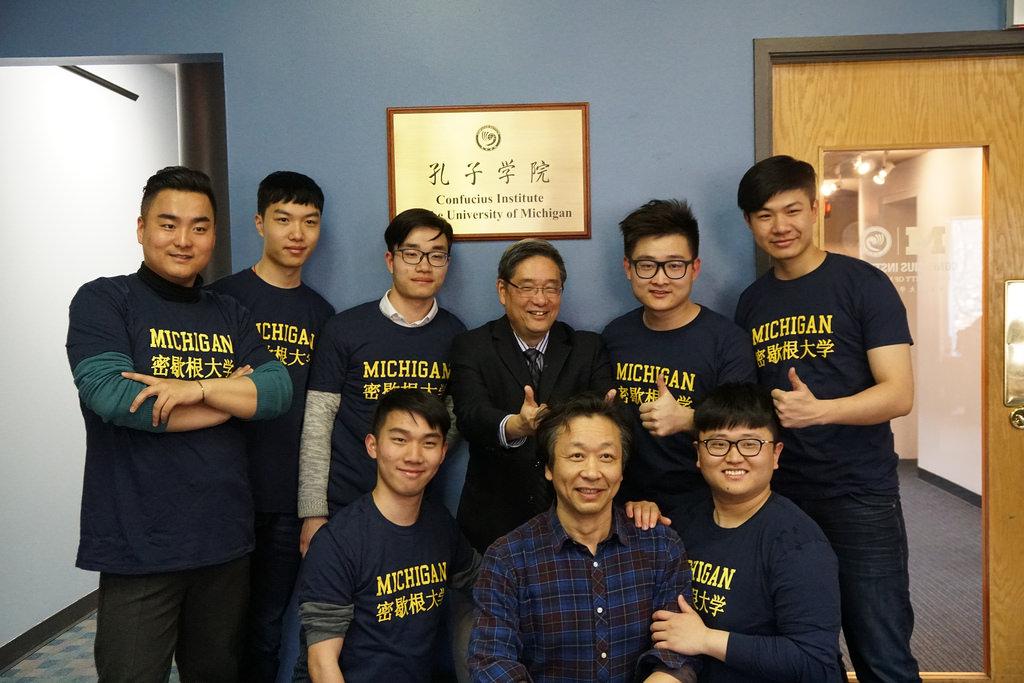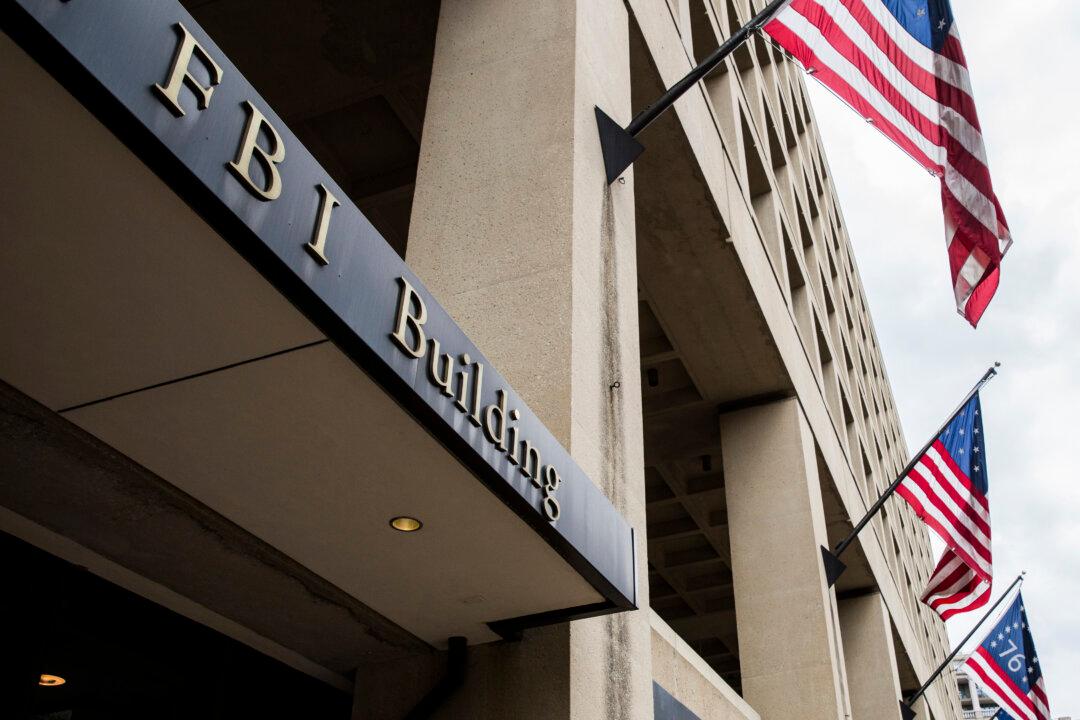The University of Michigan (U-M) has decided not to continue hosting a Beijing-linked Confucius Institute from as early as mid-2019, the university’s newspaper announced on Dec. 10.
The University Record reported that the university won’t renew its agreement for a third term with the Chinese Communist Party’s (CCP’s) Office of Chinese Language Council International, also known as HanBan in Chinese. The university will stop hosting the Confucius Institute when its current HanBan partnership expires in June 2019, when such activities will be integrated into the university’s existing Chinese cultural programs.





